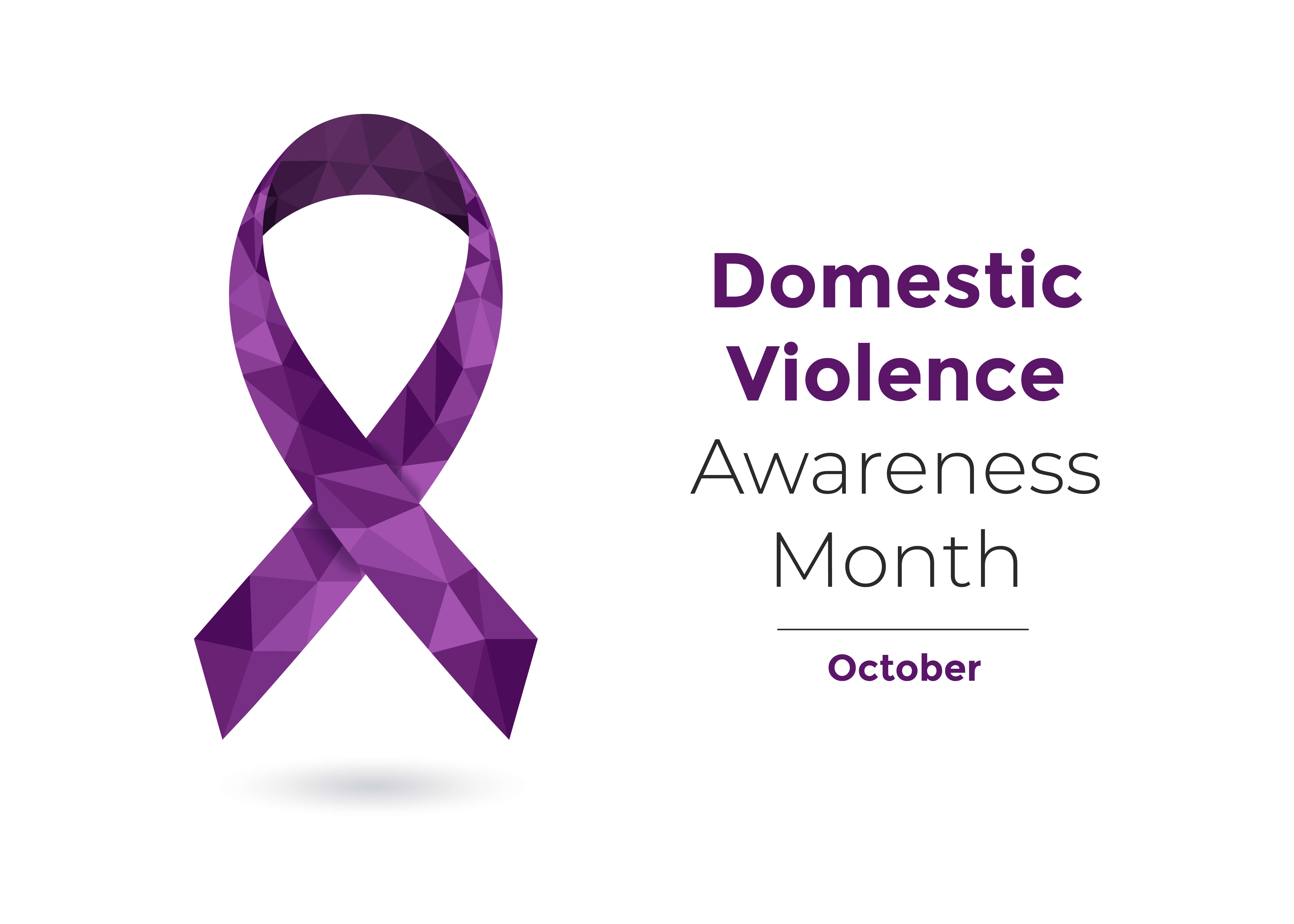
October is Domestic Violence Awareness Month
October is recognized as Domestic Violence Awareness Month, a time dedicated to raising awareness about the prevalence and impact of domestic violence, supporting survivors, and promoting efforts to prevent and address this pervasive issue. Domestic violence refers to a pattern of abusive behavior in any intimate relationship, where one person seeks to gain power and control over another through physical, emotional, or sexual abuse. It affects individuals of all genders, ages, races, and socioeconomic backgrounds. Recognizing the signs of domestic violence is crucial in supporting survivors and intervening effectively.
Preventing domestic violence requires a multi-faceted approach. Education is vital in promoting healthy relationships, consent, and bystander intervention. One of the essential aspects of Domestic Violence Awareness Month is supporting survivors. Creating safe spaces where survivors can share their experiences, access resources, and receive support without judgment is crucial. Encouraging survivors to seek help from local domestic violence shelters, hotlines, counseling services, and legal aid organizations can make a significant difference in their journey toward healing and empowerment. Schools, workplaces, and community organizations can also be comprehensive prevention resources that address the root causes of violence and teach skills for conflict resolution and respectful communication.
Studies consistently show that Black women experience domestic violence disproportionately higher than women from other racial and ethnic backgrounds. According to the National Intimate Partner and Sexual Violence Survey, approximately 44% of Black women have experienced physical violence, sexual violence, or stalking by an intimate partner in their lifetime. Several factors contribute to the higher rates of domestic violence among Black women. These include historical and ongoing systemic racism, socioeconomic disparities, limited access to resources and support services, cultural and community norms, and the intersectionality of race, gender, and class. These factors can create barriers to seeking help and escaping abusive situations.
Domestic violence has severe physical, emotional, and psychological consequences for survivors, and Black women are no exception. The intersectionality of race and gender can exacerbate the trauma experienced by black women, as they may face additional challenges in accessing culturally competent support, dealing with racial stereotypes, and navigating the criminal justice system. Efforts are being made to address domestic violence among Black women at various levels. Advocacy organizations, community groups, and service providers are working to raise awareness, provide culturally sensitive support services, and advocate for policy changes that address the unique needs of survivors.
Likewise, research indicates that Latina women also experience domestic violence at excessively high rates. According to the National Intimate Partner and Sexual Violence Survey, approximately 37% of Latina women have experienced physical violence, sexual violence, or stalking by an intimate partner during their lifetime. Cultural factors can influence the rates of domestic violence among Latina women. Traditional gender roles, cultural norms, and expectations may contribute to the perpetuation of abusive behaviors. Additionally, language barriers, immigration status concerns, and fear of deportation can create additional challenges for Latina survivors seeking help and accessing support services.
Recognizing the importance of culturally competent support, many organizations are working to provide specialized services for black survivors. This includes offering counseling and support groups that address the specific experiences and challenges faced by black women and collaborating with community leaders and organizations to create safe spaces and promote healing.
Education and prevention programs are crucial in addressing domestic violence among Black and Brown women. These programs focus on promoting healthy relationships, teaching skills for conflict resolution, and challenging harmful gender and cultural norms. By empowering individuals with knowledge and resources, we can work towards preventing domestic violence and supporting survivors.
Recognizing the importance of culturally competent services, many organizations are working to provide support expressly tailored to the needs of Black and Latina survivors. This includes offering bilingual services, partnering with community organizations, and providing culturally sensitive counseling and legal assistance. Understanding and respecting the cultural context makes survivors feel more comfortable seeking help and support.
The rates of domestic violence among Black and Latina women are a significant concern that demands attention and action. By understanding the cultural factors, unique challenges, and barriers Latina survivors face, we can work towards creating a safer environment. Through community support, advocacy, and culturally competent services, we can empower Black and Latina survivors to break free from abusive situations and build lives free from violence.
